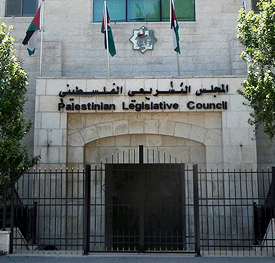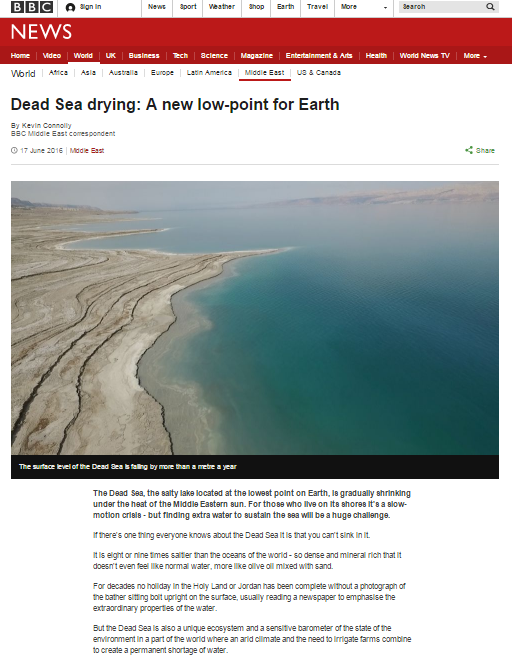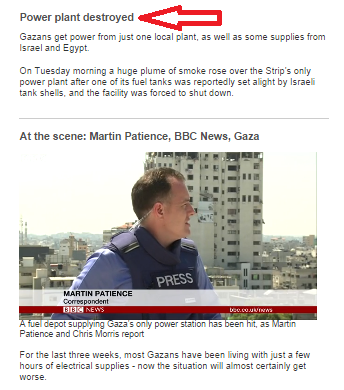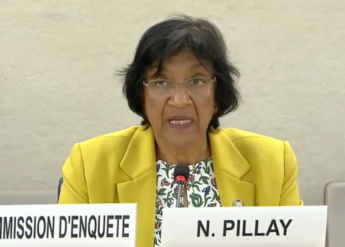While BBC reporting on internal Palestinian affairs is relatively rare, audiences are nevertheless regularly told that Hamas “won parliamentary elections in 2006”. The topic of the stagnated Palestinian political system that includes a non-functional defunct parliament and a president poised to enter the fifteenth year of his four-year term of office next month is however rarely covered in BBC reporting.
In recent weeks a story has been brewing which may signal upheaval in the Palestinian political system. Earlier this month Mahmoud Abbas announced plans to dissolve the Palestinian Legislative Council (PLC).
“Shortly after Hamas ousted the Fatah-dominated PA from the Gaza Strip in 2007, the PLC stopped convening, essentially becoming defunct.
In the West Bank, some PLC members have continued to meet to discuss drafts of laws proposed by the PA government, but they have been unable to exercise legislative powers including those related to oversight.
Meanwhile, in Gaza, a number of Palestinian parliamentarians have continued to meet to discuss political developments. However, Ramallah-based Palestinian officials have strongly opposed those meetings, with some calling them “illegitimate.”
74 of the 132 PLC members are affiliated with Hamas; the last elections for the PLC were held in 2006.”
On December 22nd Abbas again expressed that intention.
“Palestinian Authority President Mahmoud Abbas once again pledged on Saturday to implement a court ruling and dissolve the parliament controlled by his Hamas rivals, triggering warnings of chaos from the Islamist terror group. […]
“We resorted to the Constitutional Court and the court decided to dissolve the PLC and called for parliamentary elections in six months and we have to execute this [decision] immediately,” Abbas told a Palestinian Liberation Organization meeting in Ramallah.”
Coming in the wake of failed Hamas-Fatah ‘reconciliation’ negotiations in Cairo, Abbas’ move – which is opposed by Hamas – is seen by analysts as an attempt to prevent Hamas from gaining control of the Palestinian Authority.
“Abbas’ change of heart is not because he is suddenly interested in democracy. Rather Abbas is recognizing that at 83 years old he must consider what will happen the day he leaves office. Under PA law should the president leave office without a successor, the Speaker of the Parliament takes over as President of the Palestinian Authority for two months after which presidential elections are held. The current Speaker of the Palestinian Parliament is Aziz Al-Dweik from Hamas.
So under PA law Hamas would rule the PA, should Abbas leave his position. […]
Although Abbas has refrained from explaining his decision to disband the parliament, the rationale underlying the move would appear to be his fear that Hamas would legally take control of the PA, even without new elections. While the PA Basic Law does limit the interim presidency to two months there is no guarantee that Hamas once ruling the PA would allow for new elections.”
Notably, BBC audiences have to date heard nothing of this potentially significant development.
Related Articles:
BBC audiences still not getting news of Palestinian politics




